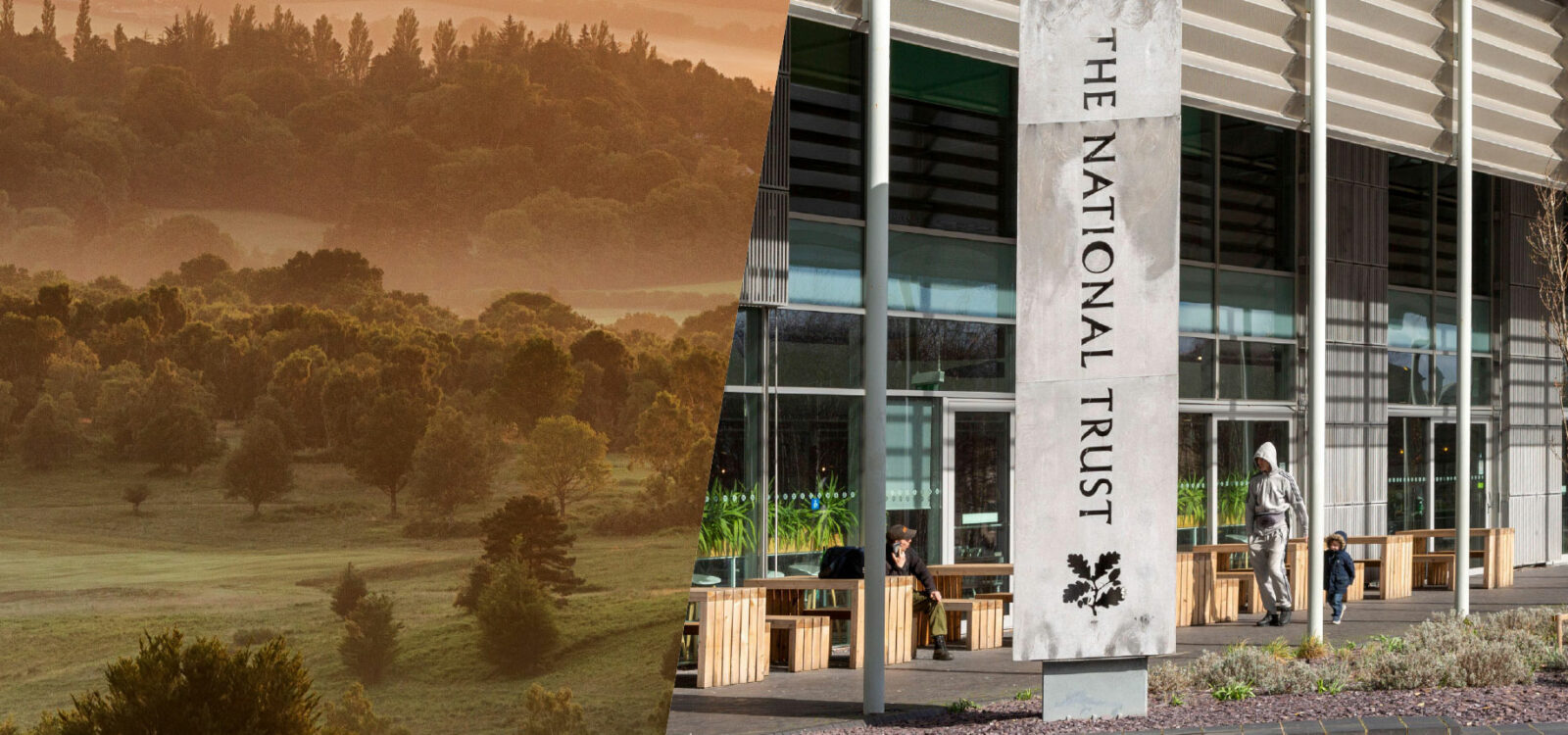A healthy civil society is fundamental to the prosperity of our country. So too are functioning democratic procedures, as they enable good governance and create channels whereby leadership can be held to account.
Genuine representation of a breadth of member voices and perspectives is also vital in a membership organisation. The roll-back of internal democracy in the National Trust, a large charity set up by statute to preserve heritage “for the nation”, should therefore be a great concern to all of us.
Click here to download the report
Quick Vote
The Trust’s recently-introduced “Quick Vote” invites members to approve all the Trust leadership’s voting recommendations in one go. It has substantially altered the results of voting on both Council candidates and members’ resolutions, so that only Trust-recommended candidates and resolutions can now succeed.
That Quick Vote was introduced without prior consultation of members suggests a disregard for democratic principles.
The Trust’s leadership argues that the decision to introduce Quick Vote was taken on advice from the external elections service provider Civica. However, Civica states that it gave advice only on the practicalities, not the principle. It also says that the Trust has rejected Civica’s more critical advice.
A recent National Trust members’ resolution calling for the abolition of Quick Vote was defeated only with the use of over 54,000 Quick Votes, meaning that almost 80% of votes cast against the resolution were themselves Quick Votes. All candidates endorsed by Restore Trust – the grassroots campaign of critical members seeking to return the Trust to its statutory aims – would have been elected in both 2022 and 2023 had the results of each Trust-endorsed candidate not been inflated by over 55,000 and 72,000 Quick Votes in those years, respectively.
Restrictions on attendance at AGMs
Hundreds of members were excluded from attending the Annual General Meeting (AGM) in person in both 2022 and 2023. The Trust’s leadership assert that this was because more members than expected had registered to attend. However, several decades ago attendance was in the thousands, peaking at 2,500 in 1998. Given that the venues booked in 2022 and 2023 had a maximum seating capacity of just 317 and 590 respectively, this would suggest that the mismatch of supply and demand for AGM seats arose not from unexpectedly high interest, but from the deliberate booking of venues that were too small. This would indicate a desire to stifle dissent.
The Trust’s leadership has claimed it is using a system of random seat allocation. However, in 2023, 140 seats were reserved for attendees of its choosing. If the 2022 figure was similar, this represents just under half of available seats that year. When questioned about how many seats were set aside by the Trust’s leadership in 2022, Jan Lasik, the Trust’s General Counsel and Secretary, wrote that “we will not be engaging in further correspondence on the question of seat allocations at our AGMs”, while Jo Cooke, Head of Governance, wrote that “we do not see the merit in spending further time in researching responses for last year’s event”.
Chairman’s discretionary proxy vote (DPV)
Other undemocratic tactics include the Trust’s abuse of the Chairman’s discretionary proxy vote (DPV) to defeat members’ resolutions critical of the management that would otherwise easily have passed. Though abolished for Council elections in 2005, the DPV still exists for members’ resolutions.
The Trust’s primary defence of the Chairman’s DPV is that it allows members unable to attend the AGM to delegate to someone who can attend and will be able to make up his or her mind having listened to the debate. In reality, Civica itself has stated it automatically pre-casts the DPVs in line with the Trust leadership’s recommendations before the AGM has even taken place.
Flawed statutory framework
Many of the recent undemocratic trends are possible because of a flawed statutory framework. The Trust’s capacity to amend its own Statutory Instrument (SI) is one major flaw. For example, the Trust’s leadership was able to effectively exclude members from the AGM chamber under amendments it made to the governing SI in 2022. These amendments had been presented to the membership of the Trust in 2021 in the form of a resolution billed as being about “digital futures”. The Trustees’ supporting statement argued that the amendments were designed to update the existing SI, which it claimed did not provide for hybrid AGMs or online voting. Yet the Trust’s Annual Reports of 2013 to 2017 all refer to “many members who had joined the meeting via the webcast” or “virtually” at the AGMs held in those years, suggesting that the original 2005 SI did not preclude hybrid AGMs (it also did make provision for “electronic” voting). The Trust’s leadership therefore misinformed its members.
Other anti-democratic behaviour
The Trust leadership’s practice of presenting recommendations to members on how to vote unfairly disadvantages independent candidates and members’ resolutions critical of the management. This is particularly the case for Council candidates, who are not allowed to canvass for votes, while Trust-recommended candidates are promoted by the National Trust itself.
This report makes two recommendations to end the anti-democratic tactics currently used by the Trust’s leadership and to prevent further such abuses of power:
1. The Secretary of State for Culture, Media and Sport should, ahead of the next AGM in autumn 2024, introduce a new Statutory Instrument (SI) for the National Trust. This SI would reverse the post-pandemic amendments, prohibit all anti-democratic measures (such as Quick Vote, the Chairman’s discretionary proxy vote and the prevention of inperson attendance at AGMs), and would not provide for the Trustees to amend it.
2. The Charity Commission should open a statutory inquiry to identify the root causes of the recent democratic backsliding in the National Trust, to prevent repetition and to re-establish good governance.




